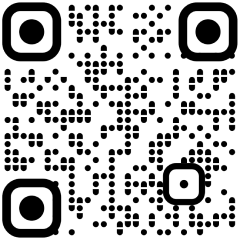The Reserve Bank of India’s (RBI) proposed reduction in the ceiling on the quantum of public deposits held by deposit-taking housing finance companies (HFCs) is unlikely to significantly impact them.
Housing finance sector experts assess that the proposed cap will not adversely impact deposit-taking HFCs, considering the nature of their business and the low dependence on deposits. The short-term nature of deposits compared to the long-term nature of housing loans is expected to result in only marginal changes to the cost of funds for deposit-taking HFCs. The overall effect on these home financiers is expected to be minimal due to their low reliance on deposits, they said.
The draft circular, part of the RBI’s review of the regulatory framework for HFCs and harmonization of regulations applicable to HFCs and NBFCs, suggests halving the limit from 3 times to 1.5 times their net-owned fund.
As of March 2023, the total public deposits outstanding for HFCs were approximately Rs 1.35 lakh crore. However, with the majority estimated to be with the merged HDFC Ltd and HDFC Bank, the residual public deposits with deposit-taking HFCs could be around Rs 50,000 crore. Following the proposed RBI cap, this amount could eventually decrease to about Rs 25,000 crore out of HFCs’ overall borrowings of about Rs 13 lakh crore.
Alternative sources
Alternative funding sources, such as non-convertible debentures, bank borrowings (including refinance from the National Housing Bank), and commercial papers, have become increasingly important for HFCs in recent years. Of the 97 HFCs as of March 2023, only fifteen are deposit-taking entities, and six of them require prior written permission from the National Housing Bank before accepting public deposits.
The nine HFCs permitted to accept deposits are Can Fin Homes, Cent Bank Home Finance, Aadhar Housing Finance, Housing and Urban Development Corporation, ICICI Home Finance (ICICIHF), LIC Housing Finance, Manipal Housing Finance Syndicate, PNB Housing Finance (PNBHF), and Sundaram Home Finance. PNBHF and ICICIHF, among these, have a relatively higher dependence on public deposits, constituting about 31% and 25%, respectively, of their borrowing mix.











